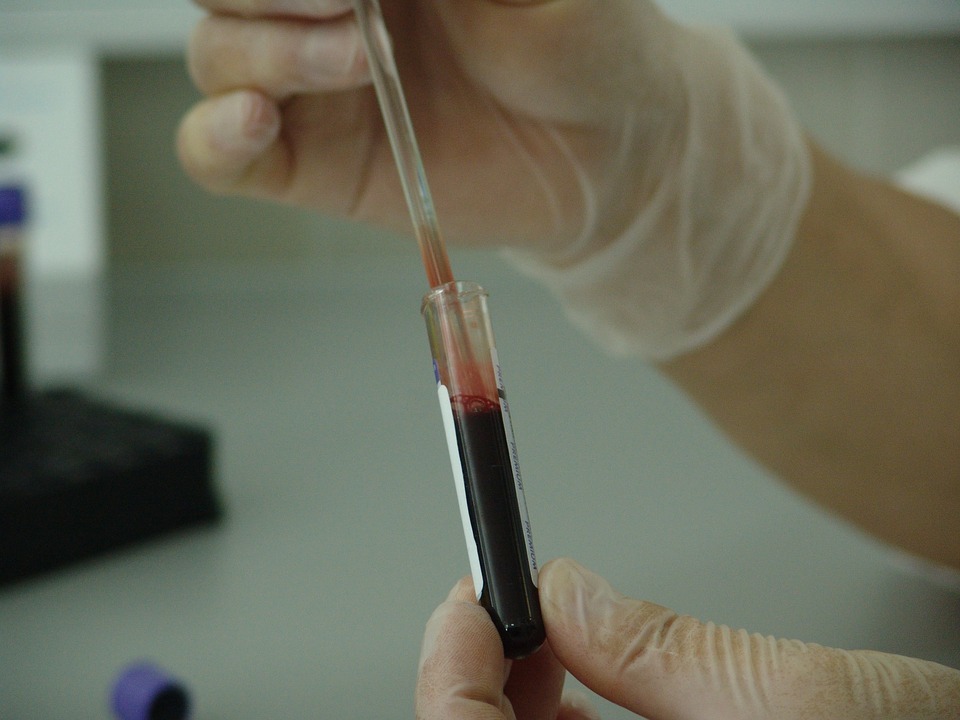VBI Vaccines has announced a collaboration with GlaxoSmithKline (GSK) to clinically evaluate the combination of VBI-1901, VBI’s cancer vaccine immunotherapeutic, with GSK’s proprietary AS01B adjuvant system.

Image: VBI Vaccines announces phase 2a trial of VBI-1901 cancer vaccine candidate in combination with AS01B adjuvant system in recurrent glioblastoma patients. Photo: courtesy of PublicDomainPictures from Pixabay.
Subscribe to our email newsletter
As part of the collaboration, VBI plans to add an additional study arm to Part B of the company’s ongoing, multi-center, open-label Phase 1/2a clinical study targeting recurrent glioblastoma (GBM), a cytomegalovirus (CMV)-associated tumor.
“VBI-1901 has shown encouraging results in Part A of the ongoing Phase 1/2a clinical study in recurrent GBM patients and we are excited to be able to expand the scope of Part B to assess the candidate in combination with AS01B, a highly-innovative adjuvant system that has contributed to positive results in combination with the gE antigen in GSK’s shingles vaccine, Shingrix,” said David E. Anderson, Ph.D., VBI’s Chief Scientific Officer. “VBI’s enveloped virus-like particle (eVLP) technology, the basis for VBI-1901, is highly versatile and has demonstrated clinical potency in both preventative and therapeutic settings. We believe that these two technologies may be an ideal match for next-generation vaccines, and we look forward to seeing the results of this collaboration.”
“This is the first time we have partnered with a biopharma company to evaluate AS01B in such a clinical setting and the first time this adjuvant will be assessed in oncology for GBM patients. We have shown the ability of AS01B to boost T-cell mediated immunity and believe the combination of AS01B and VBI-1901 could have benefits for patients with glioblastoma, a rare but devastating cancer,” said Emmanuel Hanon, Senior Vice President, Head of R&D at GSK Vaccines.
In Part A of the study, VBI-1901 adjuvanted with granulocyte-macrophage colony-stimulating factor (GM-CSF) was well-tolerated at all doses. Further, three out of six patients in the high-dose (10 µg) cohort demonstrated evidence of stable disease by magnetic resonance imaging (MRI), which correlated with vaccine-induced immune response. Based on this safety and immunogenicity data, the high-dose was identified as the optimal therapeutic dose to test in the Part B extension phase of the study.
Part B of the ongoing Phase 1/2a clinical study is now planned to be a two-arm, open-label study, enrolling 20 first-recurrent GBM patients to receive VBI-1901 in combination with either GM-CSF or AS01B as immunomodulatory adjuvants. Enrollment of the 10 patients in the VBI-1901 with GM-CSF arm was initiated at the end of July 2019. Initiation of enrollment of the 10 patients in the VBI-1901 with AS01B arm is expected later in the second half of 2019, subject to U.S. Food and Drug Administration (FDA) acceptance of the amended protocol.
VBI’s ongoing two-part study is being conducted at The Neurological Institute of New York Columbia University Medical Center, Dana-Farber Cancer Institute, and Massachusetts General Hospital.
Source: Company Press Release
 Advertise With UsAdvertise on our extensive network of industry websites and newsletters.
Advertise With UsAdvertise on our extensive network of industry websites and newsletters.
 Get the PBR newsletterSign up to our free email to get all the latest PBR
news.
Get the PBR newsletterSign up to our free email to get all the latest PBR
news.

